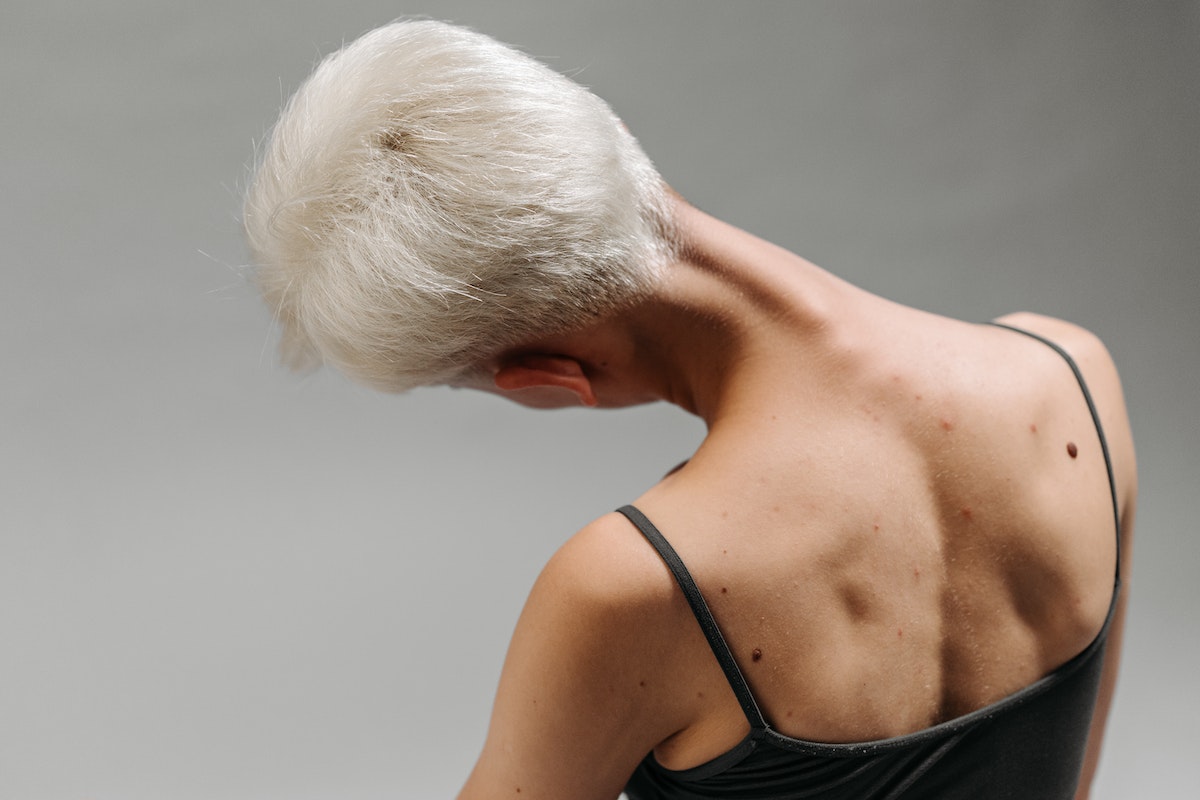Introduction
Neck cramps, also known as muscle spasms or neck spasms, are a common and often uncomfortable condition that affects many people. These involuntary contractions of the neck muscles can range from mild discomfort to severe pain and may interfere with daily activities and quality of life. Neck cramps can result from various factors, such as poor posture, muscle strain, stress, or underlying medical conditions. In this comprehensive 3000-word article, we will delve into the causes, symptoms, diagnosis, treatment options, and preventive measures for neck cramps.
Understanding Neck Cramps
Neck cramps are sudden, involuntary contractions of the neck muscles, which can lead to pain, stiffness, and limited range of motion. These cramps can occur due to the rapid tightening of muscles or sustained muscle contraction. The neck is a delicate area that supports the weight of the head and allows for various movements, making it susceptible to strain and spasms.
Common Causes of Neck Cramps
Neck cramps can result from various factors, including:
- Muscle Strain: Overuse or excessive use of the neck muscles, such as holding the head in one position for an extended period, can lead to muscle strain and cramps.
- Poor Posture: Incorrect posture during sitting or standing can place additional stress on the neck muscles, leading to cramps.
- Stress and Tension: Emotional stress and anxiety can cause muscle tension, including neck muscles, resulting in cramps.
- Sleep Position: Sleeping in an awkward position or using an unsupportive pillow can lead to neck cramps.
- Dehydration: Lack of proper hydration can cause muscle cramps, including those in the neck.
- Cervical Disc Herniation: When the gel-like center of a cervical disc bulges or ruptures, it can put pressure on nearby nerves, causing neck pain and cramps.
- Cervical Arthritis: Degeneration of the cervical spine can lead to inflammation and muscle spasms.
- Nerve Compression: Pinched nerves in the neck can cause muscle cramps and pain.
Symptoms of Neck Cramps
Neck cramps can manifest with various symptoms, including:
- Sudden Muscle Tightening: A rapid and involuntary tightening of the neck muscles.
- Neck Pain: Dull, aching, or sharp pain in the neck region during the cramp.
- Stiffness: Difficulty moving the neck due to muscle tightness.
- Limited Range of Motion: Reduced ability to move the neck freely.
- Tenderness: The neck area may feel tender to the touch during and after the cramp.
Diagnosis of Neck Cramps

Accurate diagnosis is crucial for determining the underlying cause of neck cramps and guiding appropriate treatment. The following methods are commonly used for diagnosis:
- Medical History: The healthcare provider will inquire about the patient’s symptoms, medical history, and any recent injuries or activities that may have contributed to the neck cramps.
- Physical Examination: A thorough examination of the neck, assessing range of motion, tenderness, swelling, and signs of inflammation.
- Imaging Studies: X-rays, MRI, or CT scans may be conducted to visualize the neck’s internal structures and detect any abnormalities, such as herniated discs or degeneration.
- Nerve Conduction Studies: Electromyography (EMG) and nerve conduction studies (NCS) may be used to assess nerve function and identify nerve compression.
Treatment Options for Neck Cramps
Treatment for neck cramps depends on the underlying cause, the severity of the cramps, and the patient’s overall health. Common treatment options include:
- Heat and Cold Therapy: Applying heat packs or cold compresses to the neck area can help relax the muscles and reduce pain.
- Pain Management: Over-the-counter pain relievers, such as acetaminophen or nonsteroidal anti-inflammatory drugs (NSAIDs), can provide short-term relief from neck cramps and inflammation.
- Stretching Exercises: Gentle neck stretches can help alleviate muscle tension and prevent future cramps.
- Massage Therapy: Professional massage therapy can relax tense neck muscles and improve blood circulation.
- Posture Correction: Improving posture during daily activities can reduce strain on the neck muscles and prevent cramps.
- Stress Reduction: Engaging in stress-reducing techniques, such as meditation or yoga, can help alleviate muscle tension and prevent stress-related cramps.
- Hydration: Ensuring proper hydration can prevent muscle cramps, including those in the neck.
- Muscle Relaxants: In severe cases, muscle relaxant medications may be prescribed to ease muscle tension and reduce cramps.
- Physical Therapy: Working with a physical therapist can provide targeted exercises and techniques to improve neck mobility and strength.
Coping Strategies for Neck Cramps
Living with neck cramps can be challenging, but several coping strategies can help improve quality of life and reduce the impact of recurrent cramps:
- Heat and Cold Application: Applying heat or cold to the neck when experiencing cramps can provide immediate relief.
- Rest and Relaxation: Taking breaks and avoiding activities that exacerbate neck cramps can promote healing.
- Stress Management: Practicing stress-reducing techniques, such as deep breathing exercises or mindfulness, can prevent stress-induced cramps.
- Neck Support: Using a supportive pillow during sleep can help maintain proper neck alignment and reduce the risk of cramps.
- Regular Exercise: Engaging in regular physical activity can improve overall muscle strength and flexibility, reducing the likelihood of neck cramps.
- Adequate Hydration: Staying hydrated can prevent muscle cramps, including those in the neck.
Preventive Measures for Neck Cramps
While some causes of neck cramps may not be preventable, several lifestyle choices and precautions can help reduce the risk of recurrent cramps:
- Good Posture: Maintaining good posture during sitting, standing, and sleeping can reduce strain on the neck muscles.
- Ergonomic Workspace: Ensuring an ergonomic workspace can prevent muscle strain and cramps during desk work.
- Proper Lifting Techniques: Using proper lifting techniques can prevent neck strain and cramps.
- Regular Exercise: Engaging in regular neck stretches and exercises can improve neck mobility and prevent cramps.
- Stress Reduction: Managing stress through relaxation techniques or counseling can prevent stress-induced neck cramps.
Conclusion
Neck cramps can significantly impact an individual’s well-being, causing pain, stiffness, and limitations in daily activities. Understanding the various causes, symptoms, and treatment options is crucial for effectively managing and preventing neck cramps. Ready to bid farewell to neck cramps and reclaim a pain-free life? Take the first step with Roseburg Physical Therapy. Don’t let discomfort hold you back; prioritize your well-being.
If you’re thinking about a physical therapy and you’re from Sutherlin. Consider exploring services provided by Sutherlin Physical Therapy.


